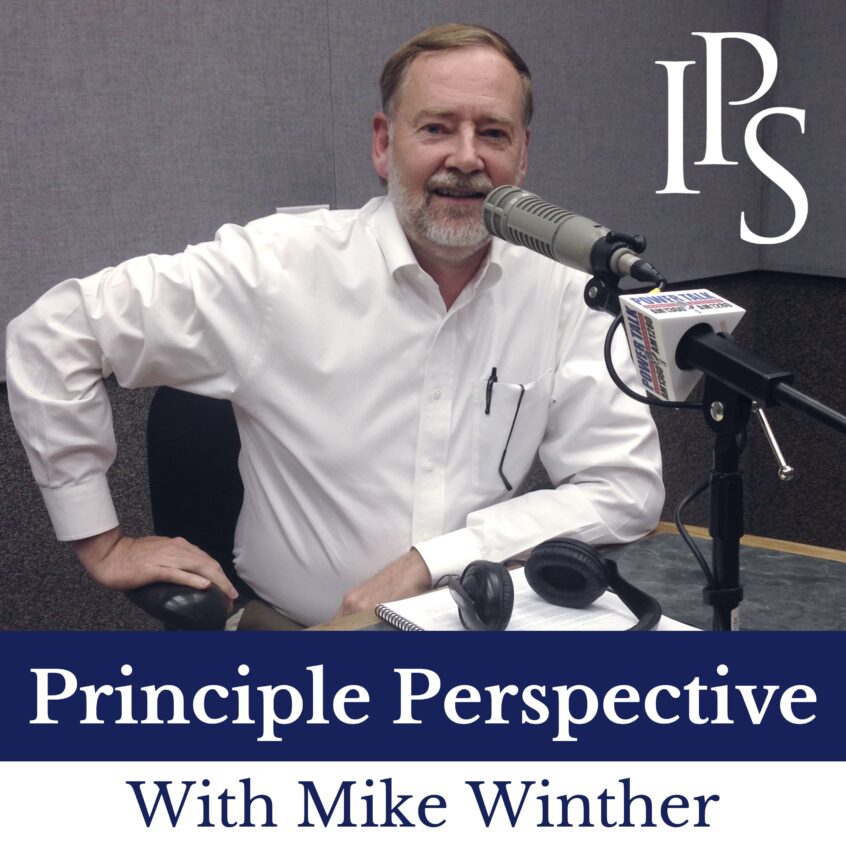LISTEN NOW
Mike Winther shares information about deep learning versus shallow learning in this section of snippets from his previous lectures. He talks about education and the purpose of education. He talks about how it’s important to challenge our children even with opposite world views. It’s also okay if they surpass us in learning.
He talks about the importance of building a comprehensive worldview in order to be more discerning. He touches on how we all have a model in our minds of how the world and the family works. He also talks about the fundamental stages in learning including the grammar stage, logic stage, and rhetoric stage. Mike dives into studying the economic and government implications and studying from every direction for deeper learning.
You’ll Learn:
- [01:49] Why do we remember some things and not others?
- [02:32] Deep learning has two categories: retention and an in-depth understanding.
- [03:17] Shallow learning are things that we don’t retain for a long time or don’t know with any complexity or depth.
- [05:06] We create theoretical constructs in our minds based on things we’ve known in the past. Forgetting something doesn’t mean that we didn’t benefit from learning it.
- [06:30] We first need to decide the important things that our kids need to learn in a deep fashion.
- [12:42] The danger of teaching the wrong principles. The wrong principles of government could destroy our society. There are things that are more important to teach in a deep fashion.
- [14:03] After we get the theological questions down, we need to pursue life skills or vocational skills and societal skills.
- [14:11] Life skills and vocational skills include things like honesty and integrity. Social skills are the proper knowledge of how institutions should exist and the proper role of government.
- [17:07] Things that support learning include being interesting. You can use vignettes and biographies to make things more interesting when teaching history.
- [23:56] Create interest first. Kids are also interested in what Mom and Dad are interested in.
- [28:17] Repetition is a powerful learning tool. Being the A/V guy exposed Mike to a lot of information.
- [31:01] Multiple sources of teaching are also very valuable.
- [33:02] We learn more deeply and better when we discover interrelationships between things. Explore cross applications with things.
- [34:20] You can test these applications with your worldview. What are the theological and government implications of this event?
- [38:38] The classical education model has great benefits for us.
- [39:17] The trivium is the three stages of learning. The first stage is the grammar stage. The second stage is the logic stage and the third stage is the rhetorical or persuasive stage.
- [46:03] We also increase deep learning by reorganizing the information ourselves.
- [48:22] As we learn things, we compare these things to our worldview. If they fit nicely, we file them away, if not we have to do more research and find out what fits.
- [51:42] All the models of our life need to work together.
- [52:42] The value of debate and the rhetoric stage.
- [56:44] We need to challenge our students so that they can learn to go deeper. We also need to expose them to opposite views.

